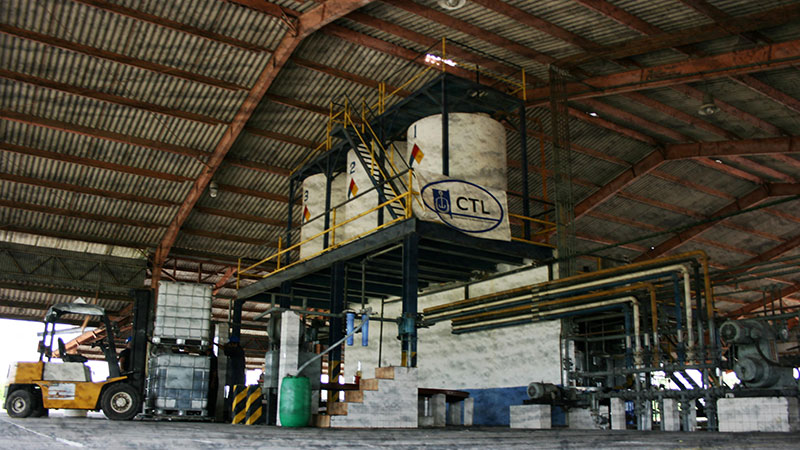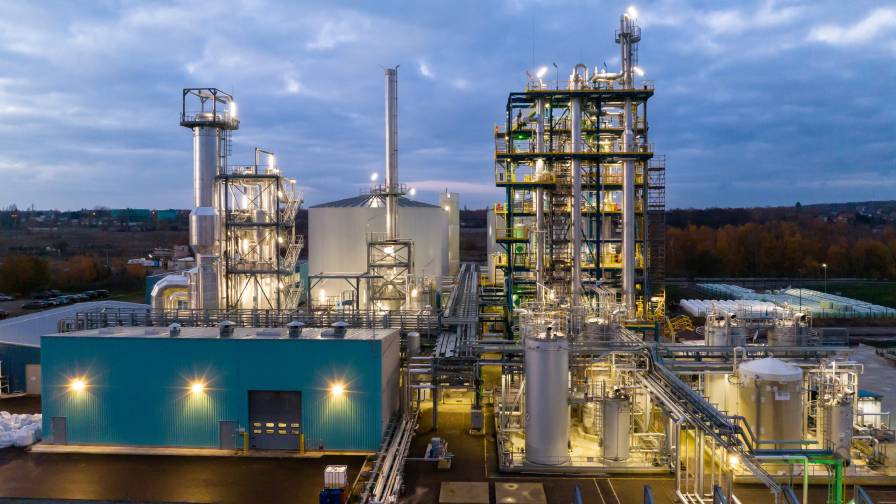Ukraine to Allow Growing of GM Crops

Creative Commons license
Editor’s Note: This is part of an ongoing series of articles focusing on the Black Sea Region, site of the next FCI Trade Summit, 12-13 December, 2013. For more information about the event and to register, click here.
Ukraine may soon join the list of European countries that allow genetically modified crops, prompted by a new government proposal to permit the growth and sale of GM soybean and corn in the country.
According to Nikolay Prysyazhnyuk of Ukraine’s Ministry of Agrarian Policy and Food, the Ministry has submitted the proposal for the consideration by the Cabinet. The proposal was supported by six of Ukraine’s leading agricultural associations, along with a group of well-known Ukrainian agricultural experts, and is expected to pass into law by the end of the year.
Victor Timchenko, president of the Ukrainian Association of Producers and Processors of Soybeans, says that greenlighting biotech crops is long overdue. Despite the country’s “On Biosafety” law, which prohibits the use of GM products, contraband GM seed use is widespread in the Ukrainian marketplace.
Yaroslav Blum, director of the Institute of Food Biotechnology and Genomics of the Ukrainian National Academy of Sciences, says GM crops are poised to reel in huge revenue for Ukrainian farmers – to the tune of $500 million per year.
Vladimir Klimenko, president of the Ukrainian Grain Association, expects adoption of GM seed to be especially quick in the country’s unfavorable climatic zones.
At the same time, some Ukrainian analysts are quick to remind of possible backlash. Andrew Kolpakov, managing partner of Da Vinci AG, one of Ukraine’s leading agricultural analysis agencies, says allowing farmers to grow GM corn and soybeans could have unintended effects, such as the development of weed resistance.
Nonetheless, Kolpakov expects the new law to attract some of the leading multinational players. Together with other forces at work in the country – unlimited lobbying opportunities, lack of state control, good climatic conditions and rapid agricultural sector development among them – top crop protection players are set to extend their reach in Ukraine.
“Due to the fact that the majority of the EU countries continue to restrict the growth of GM crops, the Ukrainian market can attract big interest from some of the world’s leading producers of GM products and crops,” he explains.
Ukraine, Kolpakov says, could become a key producer of GM products in Europe during the next five to seven years. This should spur a significant increase in exports, particularly corn.
Monsanto, which has always been among the major lobbyists for GM crops in Ukraine, declined to comment on the proposed law.






